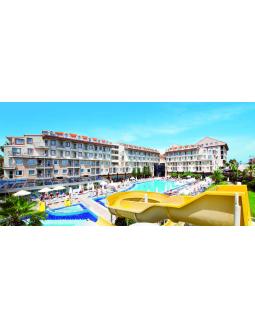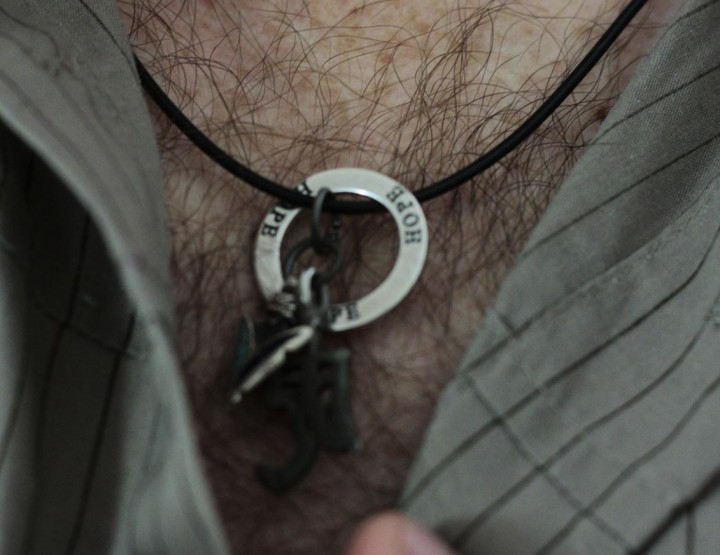When travelling by plane became affordable for the North American and European middle class in the 1960s, tropical countries in turn became very popular destinations. Brazil grabbed this opportunity by its tail. Seeing the chances tourism could open up for the former agricultural country to boost its service sector by attracting tourists, Brazil pumped a considerable amount of money into building touristic facilities for the western, white guests that displayed a fable for Hawaiian shirts.
Legendary vacation domiciles like Ipanema appeared en masse out of nowhere. 20-storied Luxury hotels including pool and golf facilities were built to please the guests that promised to flush foreign currencies into Brazil’s coffers. Who doesn’t know them? The photos of middle-class white people enjoying cocktails on the beach waiting for the next Frank Sinatra concert. Brazil became a symbol of the newly acquired freedom to travel for the growing European and North American middle class. However, the new source of wealth and economic power slowly started to show its catastrophic downsides.
In order to build the domiciles and to keep them going smoothly, one thing was needed in the first place: manpower. Workers from all over Brazil were recruited and housed in quickly built and temporary dwelling areas in the periphery of big cities. These areas would soon become the slums we know today, the favelas. Sadly, the Brazilian government commenced activity against this negative development way too late.
Instead of fighting increasing poverty and crime in the growing poor districts, money was flushed into the building of new hotel complexes. While the growing tourism sector did provide new jobs, the former farmers and low-qualified workers who flocked into the big cities in the hope for a better future could certainly not expect wealth and independence from serving cocktails and cleaning hotel rooms. Many former employees even became jobless as the hotels hired cheaper workers from other villages, cities and countries.
Today, drug trafficking, violent crimes, unemployment and hopelessness define the daily life in the favelas that show that Brazil, the strongest economic power in Latin America, still has to take drastic actions to become a country where poverty is not a vicious circle impossible to break out from.





